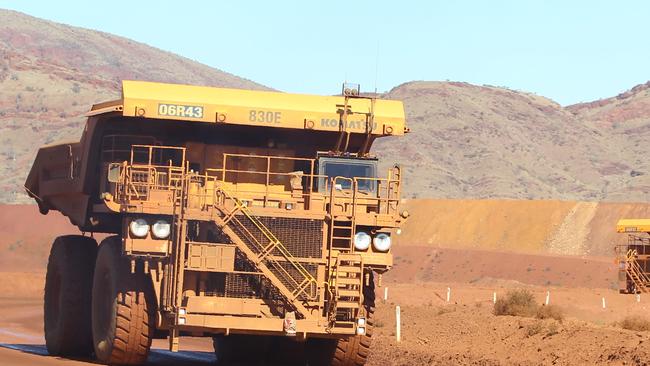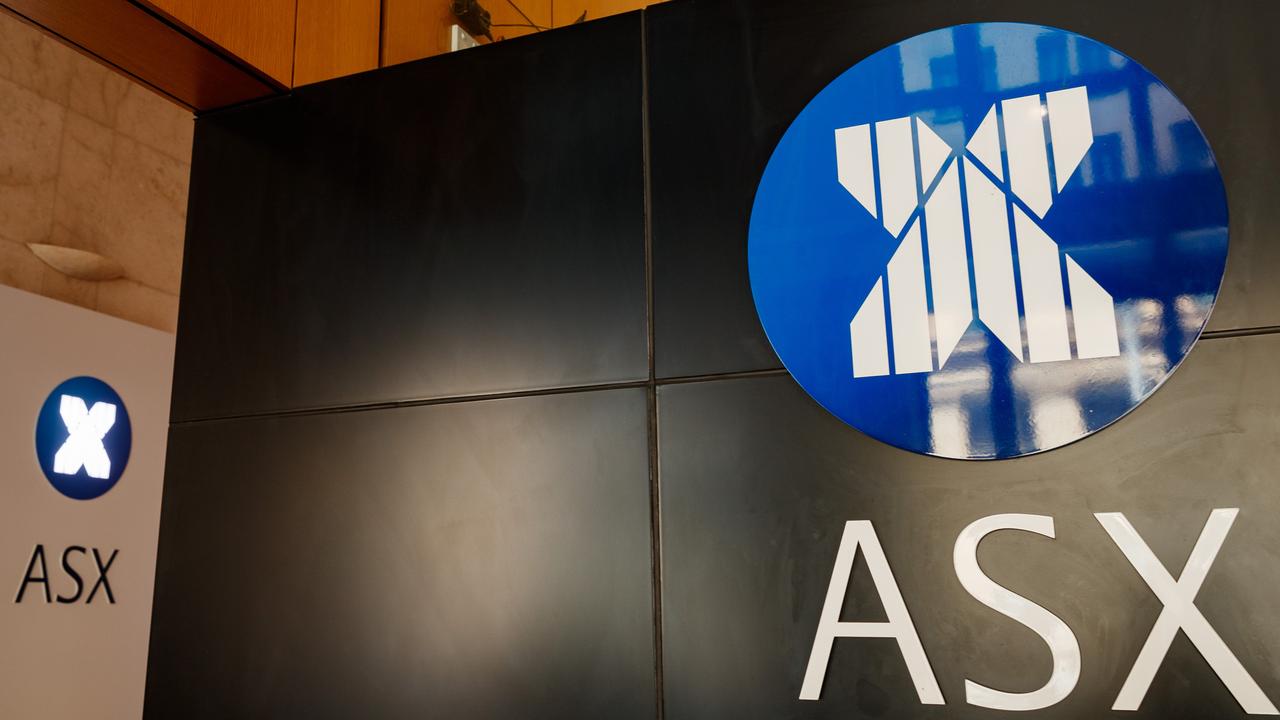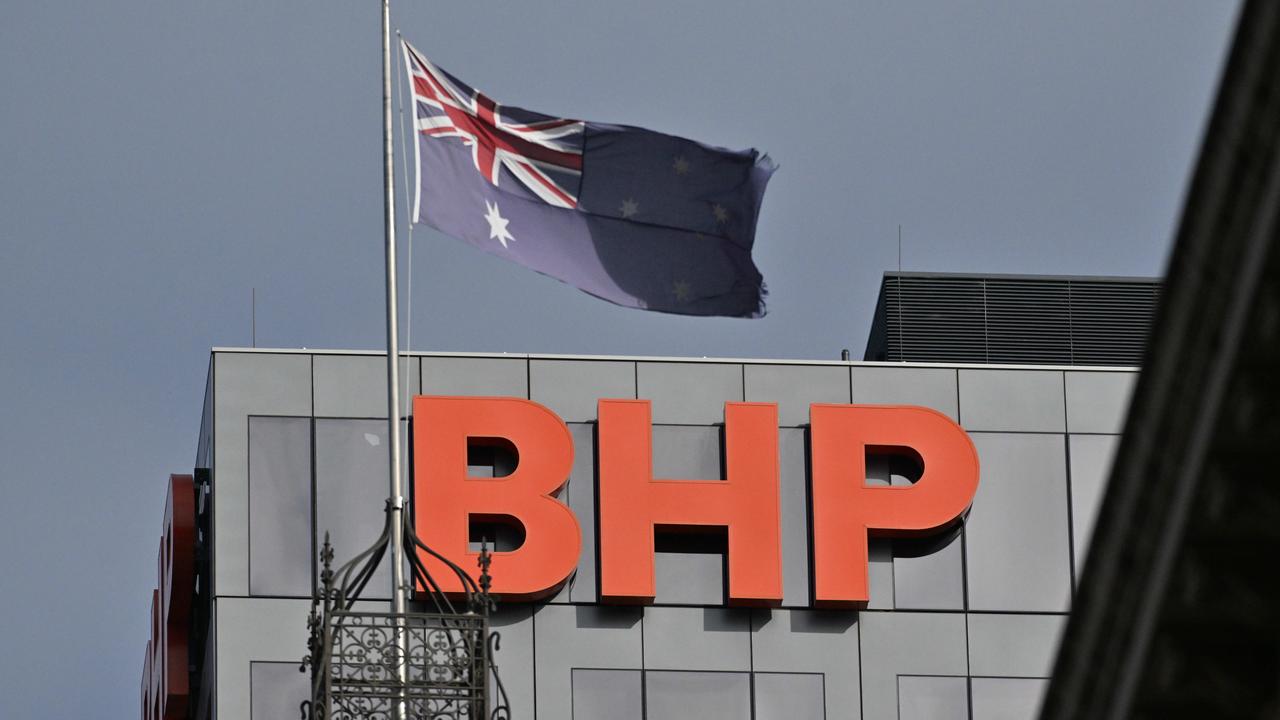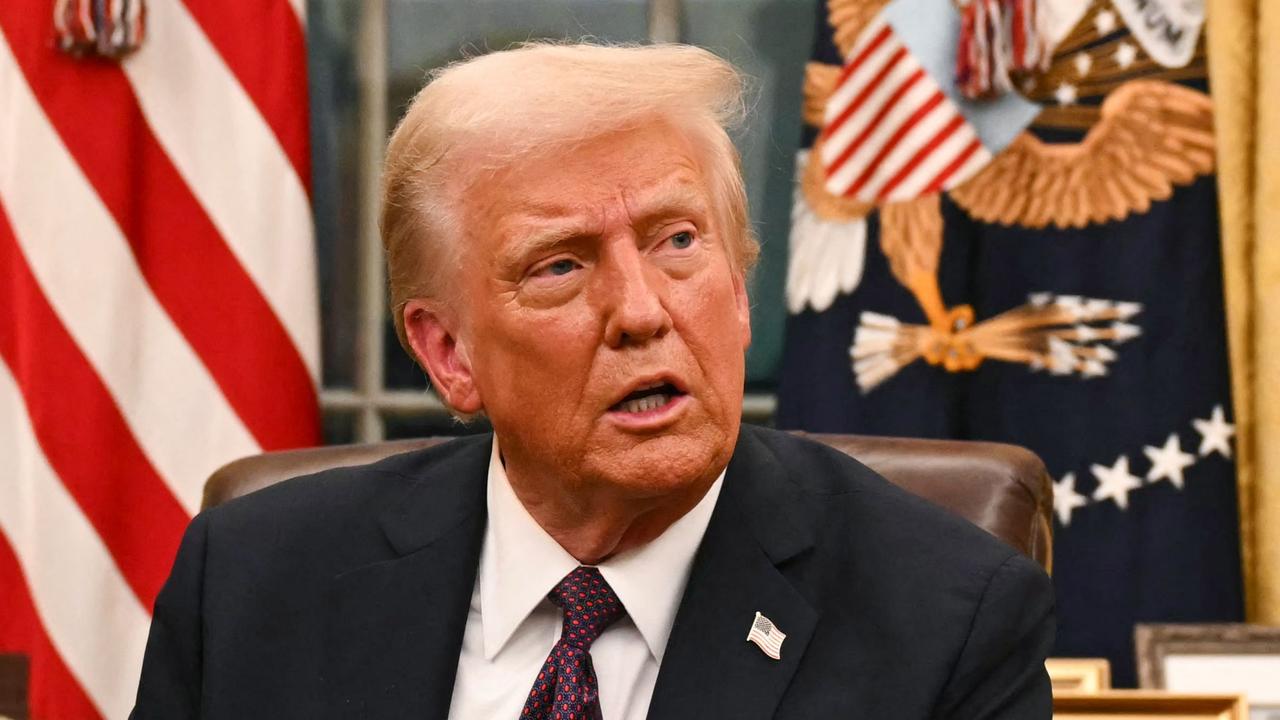Dividend hike for Rio Tinto shareholders not certain despite mining giant’s bumper rise in profit
RIO Tinto shareholders warned to temper any excitement about a major dividend hike despite the miner’s bumper rise in profit.

SHAREHOLDERS have been warned to temper any excitement about a major dividend hike from Rio Tinto despite the miner’s bumper rise in profit.
The world’s second-largest miner advised shareholders to expect some “fairly good news in the new year” about cash returns while unveiling a $US5.1 billion first half underlying profit on Thursday.
The company has freed up surplus cash by cutting $US3.2 billion in operating costs in the first half and lowered this year’s expected capital expenditure from $US11 billion to $US9 billion.
“This solid foundation for growth will result in materially increased cash returns to shareholders, underscoring our commitment to deliver greater value,” chief executive Sam Walsh said.
Investors now want to be rewarded after being frustrated at seeing little cash during the recent years of record profits because of the big miners’ costly mine expansions.
However IG market strategist Evan Lucas said Rio shareholders were likely to be disappointed if they expected extra dividend hikes.
Rio raised its dividend by 15 per cent to 96 US cents a share for the half year.
“The Rio Tintos and BHPs of this world are not income plays and are not going to give you an increased dividend return,” he told AAP.
“What has happened in this country in the last two years is we have been spoilt with capital growth and income plays like the banks and now expect every other share to operate the same way.”
Rio’s payout ratio is about 50-60 per cent with a yield — percentage of share price paid out — of two per cent.
Australia’s banks pay about 70-80 per cent of profits with yields of five per cent-plus, making them attractive in the current record low interest rate environment.
Telstra’s payout ratio is about 100 per cent.
Resources companies need more cash on the balance sheet for their capital intensive activities.
Their dividends are less attractive from a tax perspective because they operate globally and have fewer franking credits than the big banks who mostly earn income in Australia.
The key reason to invest in the miners is for growth.
Investors holding BHP or Rio shares in the decade leading up to the GFC reaped massive gains but the stocks then fell and have traded sideways in the last two years.
Rio chief executive Sam Walsh said he had complete confidence in strong global demand and growth in the company’s key commodities for the medium to long term, with plenty of scope to grow earnings in copper and aluminium as well as iron ore.
Mr Lucas said he thinks a capital management share buyback is a more likely way Rio will appease shareholders.
Its second-largest largest shareholder, global giant BlackRock, has been agitating for such a move.
Investors liked Rio’s profit result, sending its shares up four cents to $66.36 on a day the market fell heavily.
Originally published as Dividend hike for Rio Tinto shareholders not certain despite mining giant’s bumper rise in profit



